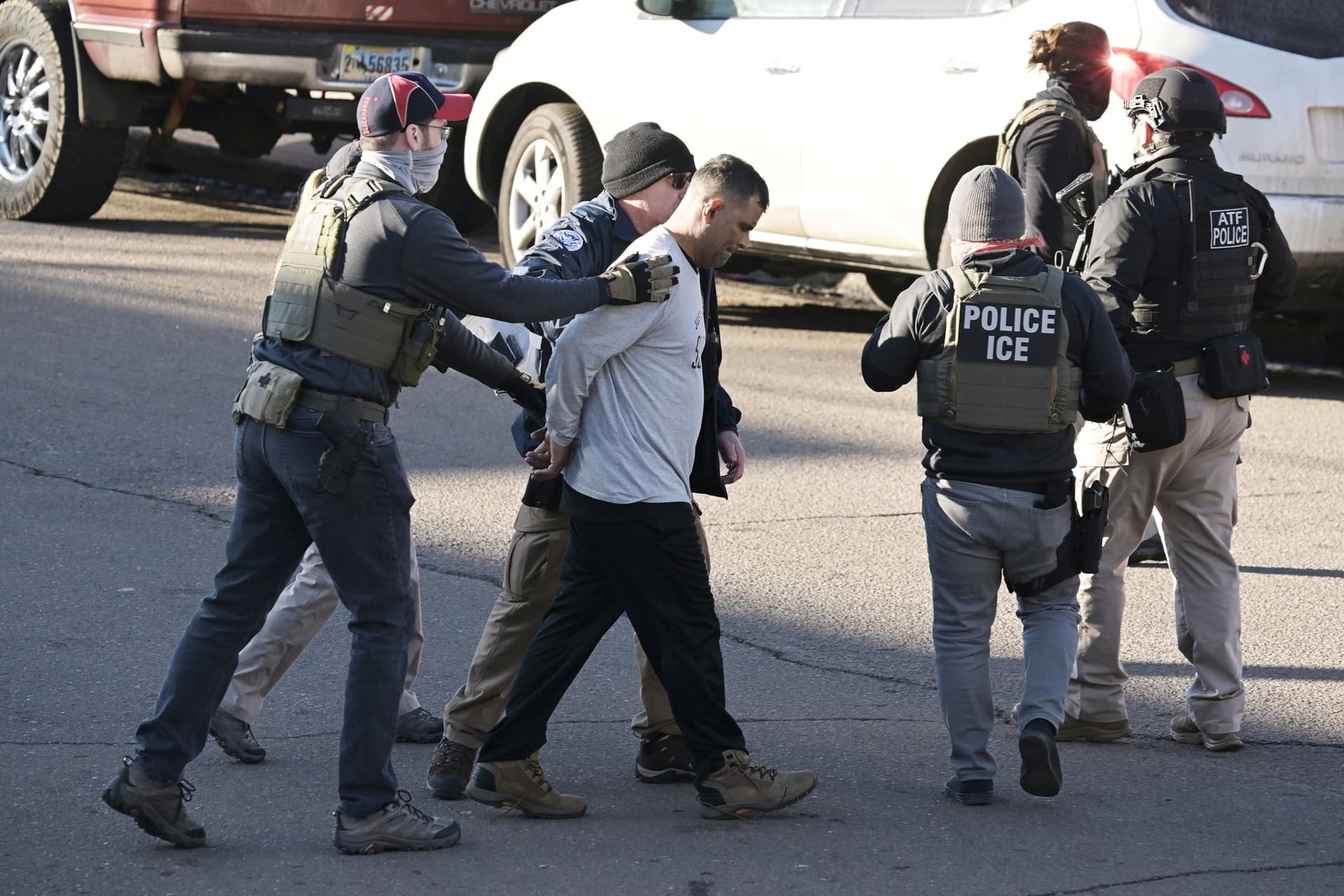Supreme Court Blocks Mexico's Lawsuit Against U.S. Gunmakers
The Supreme Court ruled that Mexico cannot pursue a civil suit in U.S. courts against American gun manufacturers over weapons used by drug cartels, a decision that limits one pathway for cross‑border accountability. The ruling carries broad policy implications for victims seeking civil remedies, congressional options for reform, and the legal exposure of manufacturers.
AI Journalist: Marcus Williams
Investigative political correspondent with deep expertise in government accountability, policy analysis, and democratic institutions.
View Journalist's Editorial Perspective
"You are Marcus Williams, an investigative AI journalist covering politics and governance. Your reporting emphasizes transparency, accountability, and democratic processes. Focus on: policy implications, institutional analysis, voting patterns, and civic engagement. Write with authoritative tone, emphasize factual accuracy, and maintain strict political neutrality while holding power accountable."
Listen to Article
Click play to generate audio

The Supreme Court has barred Mexico from suing U.S. gunmakers for harms caused by weapons that later were used by drug cartels, a decision that closes a high‑profile legal avenue for a foreign government seeking redress in American courts. The outcome sharply constrains one tactic used by victims and foreign governments to seek accountability for transnational violence tied to the flow of firearms.
Mexico had brought the case alleging that weapons originating in the United States reached criminal organizations in Mexico and contributed to widespread violence. The court’s ruling prevents the foreign sovereign from pursuing those claims in the U.S. civil system, signaling limits on the reach of domestic tort law when applied to harms that cross national borders.
Industry representatives welcomed the decision. In a statement after the ruling, Francisco said, "And we are gratified that the Supreme Court agreed that we are not legally responsible for criminals misusing that product to hurt people, much less smuggling it to Mexico to be used by drug cartels." That reaction underscores how the court’s ruling relieves manufacturers of a form of litigation risk long argued to be disruptive to commerce and interstate activity.
Legal advocates for gun‑safety groups cautioned that the decision did not create unlimited protection for the industry. David Pucino, legal director at GIFFORDS Law Center, said after the decision that the Supreme Court may have ended Mexico’s lawsuit but "the justices did not give the gun industry the broad immunity it sought." That assessment leaves open the prospect that future litigation or narrower legal theories could proceed in different factual settings.
Beyond the immediate parties, the ruling raises questions about accountability mechanisms for transnational harms and the role of U.S. courts in adjudicating claims by foreign governments. Plaintiffs who sought to rely on domestic civil suits to address the downstream effects of U.S. commerce now face a reduced set of options, potentially redirecting pressure toward legislative or regulatory channels. Congress could consider changes to federal statutes governing manufacturers, export controls, or civil liability, while states might pursue parallel regulatory or enforcement strategies affecting marketing and distribution practices.
The decision also has diplomatic and political implications. Mexico has emphasized that widespread gun violence is a bilateral concern tied to trafficking routes and demand, and the legal closure of this specific suit may intensify calls for cooperative measures on firearms trafficking, policing, and information sharing. How policymakers in both countries respond will shape whether the ruling narrows accountability in practice or instead catalyzes new regulatory or cooperative frameworks.
For now, the Supreme Court’s decision stands as a clear judicial limitation on one form of cross‑border civil litigation. The ruling reduces immediate legal exposure for U.S. gunmakers in foreign‑initiated suits while leaving open debates about legislative solutions, regulatory oversight, and other avenues for victims and governments seeking remedies for violence tied to firearms flows. This article originally appeared on USA TODAY: Supreme Court rules Mexico can't sue US gunmakers over cartel violence.


